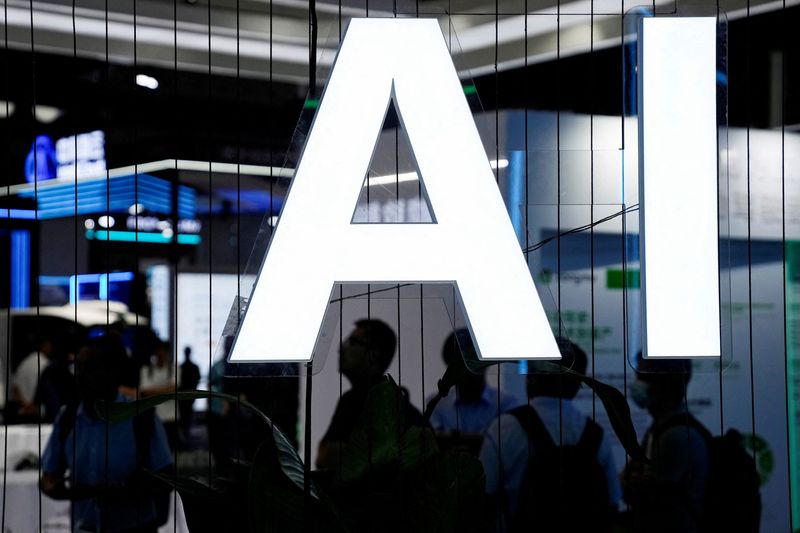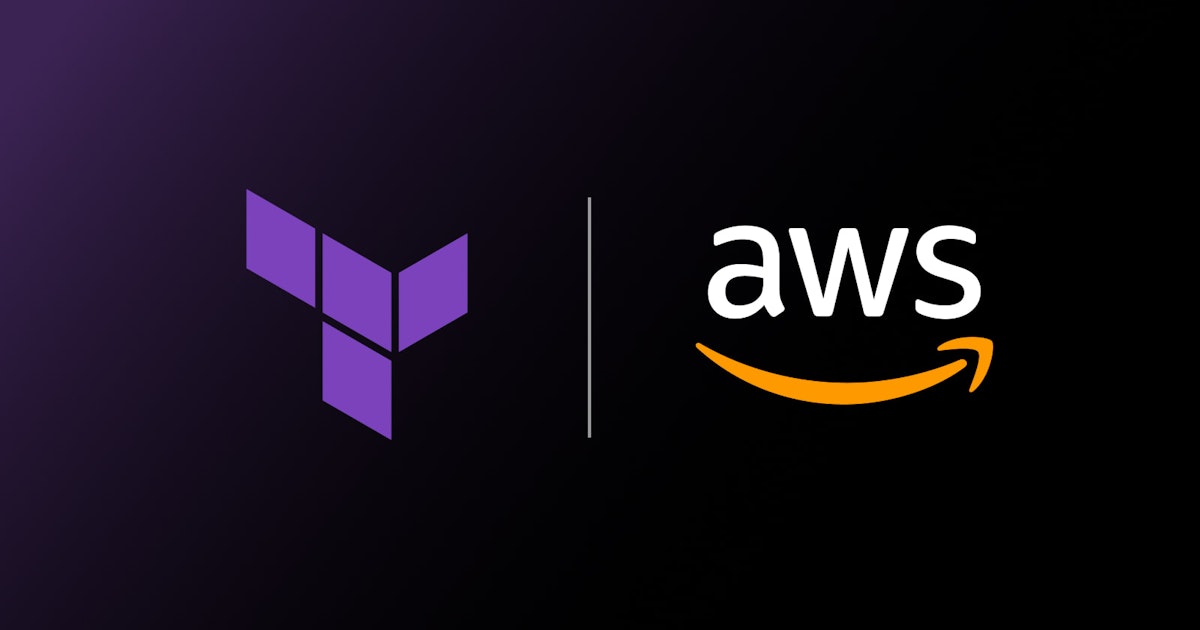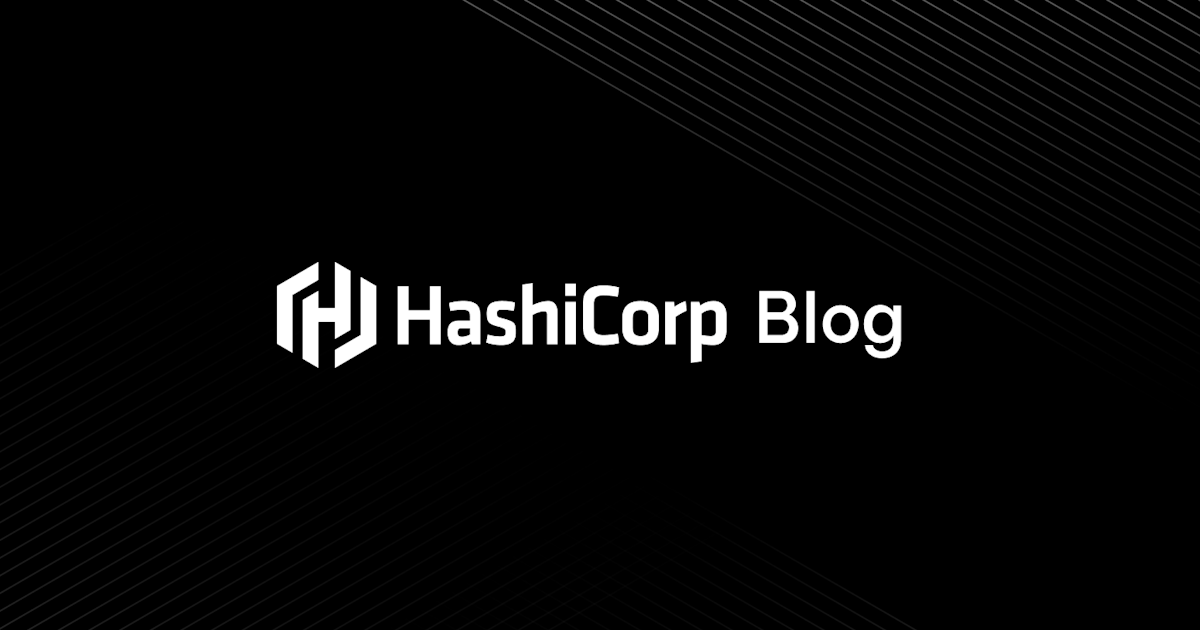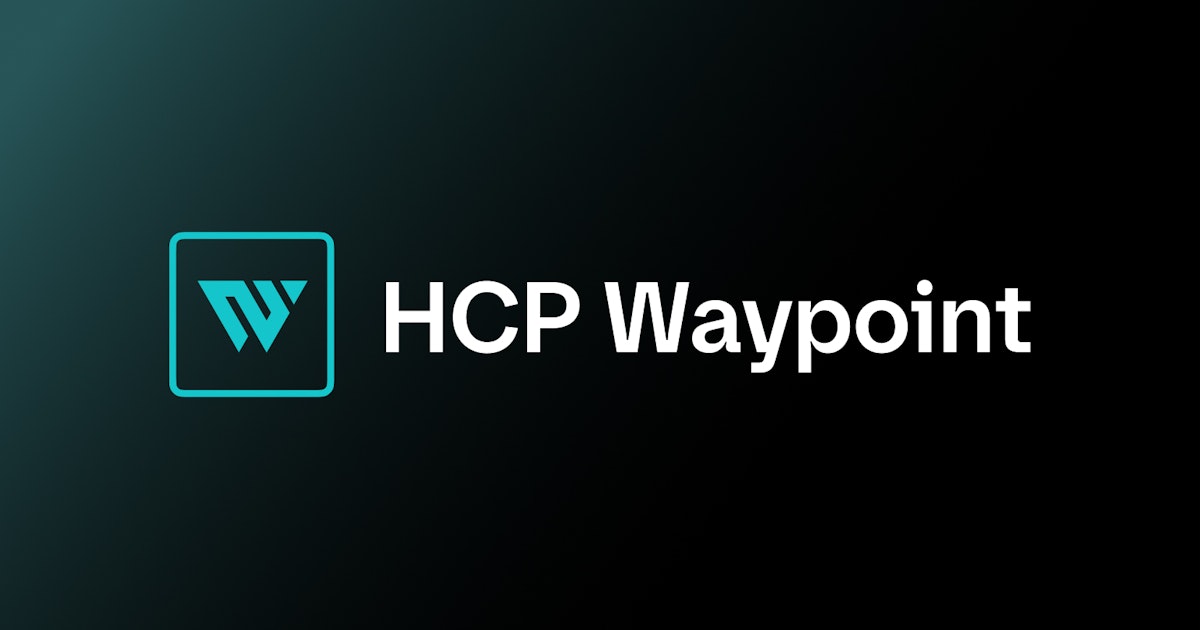What happens if AI can do everything better than humans? By Investing.com Analysis Report
5W1H Analysis
Who
This discussion involves key stakeholders such as technology companies, AI researchers, policymakers, and global labour markets. Major tech giants like Google, Microsoft, and OpenAI are at the forefront, alongside government bodies and various industry sectors.
What
The core query revolves around the hypothetical scenario where artificial intelligence (AI) surpasses human capabilities in all tasks. This speculative situation examines the potential societal, economic, and ethical transformations that could ensue if AI becomes superior in every domain of human activity.
When
This analysis does not pinpoint a specific date but explores an ongoing trend accelerated post-2023 and anticipates significant developments over the coming years.
Where
The implications are truly global but will predominantly affect technology-driven economies in North America, Europe, and parts of Asia, where AI development and implementation are most concentrated.
Why
Advancing AI promises increased efficiency, cost reduction, and innovation. Companies seek to harness AI to drive competitive advantage, potentially boosting economic growth and solving complex problems faster than humanly possible.
How
The scenario involves the deployment of advanced machine learning algorithms, extensive data utilisation, and integration into various sectors such as healthcare, finance, and manufacturing. These mechanisms would ensure AI's dominance in executing tasks traditionally performed by humans.
News Summary
Investing.com poses a provocative question about a future where AI outperforms humans in every conceivable task. This scenario investigates the profound changes such dominance could bring to economies, societies, and industries, emphasising increased focus on ethical concerns and the re-thinking of economic models. The analysis highlights ongoing AI advancements and their global impact, urging stakeholders to consider both the promise and peril of such technological evolution.
6-Month Context Analysis
Over the past six months, AI development has accelerated, with notable advancements in autonomous driving, natural language processing by AI assistants, and AI-enhanced analytics in finance. Stakeholders are increasingly aware of AI's potential to disrupt traditional job markets while offering unprecedented operational efficiencies. Major tech conferences and policy debates have centred around AI ethics and governance, highlighting a growing concern shared by global leaders.
Future Trend Analysis
Emerging Trends
Trends include the rapid adoption of AI in critical infrastructure and services, a shift towards AI-augmented roles rather than complete job replacement, and heightened discourse on ethical standards and AI governance frameworks.
12-Month Outlook
Expect heightened investment in AI safety and ethics, increased collaboration between tech firms and regulators to establish international norms, and more AI-driven innovations in healthcare and industry-specific applications.
Key Indicators to Monitor
- Investment trends in AI technologies - Regulatory developments and AI policy frameworks - Market adoption rates of AI-driven solutions - Labour market trends concerning automation
Scenario Analysis
Best Case Scenario
AI leads to unprecedented productivity gains, economic growth, and solutions to complex global challenges. Successful policy adaptation mitigates job displacement effects, transitioning economies towards more creative and knowledge-intensive roles.
Most Likely Scenario
AI becomes a key enabler of industry efficiency and innovation, resulting in mixed impacts on labour. Economies experience a blend of job creation in new sectors and job displacement in traditional roles, accompanied by ongoing societal and regulatory adjustments.
Worst Case Scenario
AI progress outpaces regulatory frameworks, exacerbating inequalities and resulting in significant workforce displacement. Ethical missteps lead to public mistrust and a backlash against further AI development.
Strategic Implications
Policymakers must expedite the development of AI governance frameworks to address ethical concerns and labour market transitions. Technology companies should invest in transparent AI systems to build public trust. Industries must adopt reskilling programmes to equip workers for an AI-integrated future.
Key Takeaways
- Stakeholders, especially tech firms and policymakers, must collaborate on AI governance to ensure safe development and implementation.
- Monitoring investment trends can offer insights into the pace of AI integration into industries.
- Creativity and human-centric roles will likely gain prominence as AI handles more mechanistic tasks.
- Global cooperation is essential to set ethical AI standards and mitigate negative socioeconomic impacts.
- Preparing the workforce through reskilling and education is crucial to manage the transition to an AI-enhanced future.
Source: What happens if AI can do everything better than humans? By Investing.com














Discussion